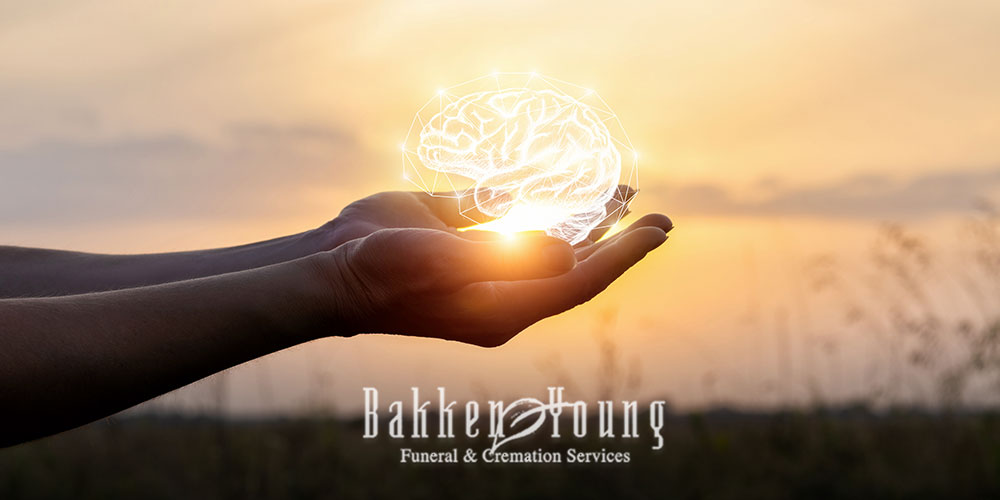Grief impacts our physical body including our brain health. It is common to experience memory loss, brain fog and confusion during times of grief. Months after the death of a loved one people reported struggling to work at a job they have done for years. Others describe trying to read books and not being able to focus long enough to comprehend the words on the page. Let’s discuss how to protect your brain health after grief.
The American brain foundation says:
“Traumatic loss is perceived as a threat to survival and defaults to protective survival and defense mechanisms,” says Dr. Shulman. This response engages the fight or flight mechanism, which increases blood pressure and heart rate and releases specific hormones. Grief and loss affect the brain and body in many different ways. They can cause changes in memory, behavior, sleep, and body function, affecting the immune system as well as the heart. It can also lead to cognitive effects, such as brain fog.”
For medical advice, reach out to your doctor.
Protect your brain health after grief with self-care
Eat well
Grief is experienced differently by everyone. Your relationship with food is often highlighted in times of grief. Some use food to comfort and pacify feelings. This can lead to an unhealthy diet and overeating. Others lose their appetite and interest in food. Both of these can be harmful.
Eating real food provides the nutrients and fats that the brain needs to function correctly. In addition a healthy diet can help heal the brain of damage done by emotional and physical trauma.
It is important to educate yourself on the types of foods that can aid in your healing. See a certified nutritionist to get yourself on the right path.
Exercise
Being physically active can be a challenge especially when experiencing grief. It takes so much mental energy to simply exist on some days. Actually moving at a higher intensity seems implausible. Not only does physical activity improve brain health it can actually give you energy. When you exercise endorphins are released that make you feel good in turn they keep your mental health in check.
Sleep
Many people underestimate the importance of sleep when it comes to healing both emotionally and physically. Grief can keep you up at night. It is not uncommon to struggle with sleep as you go through grief. Make sleep a priority and find ways to quiet your mind and allow your body to rest. As you rest your body is replenished.
Take thoughts captive to protect brain health after grief
After the death of a loved one there are often questions and regrets. It is easy to let a loose mind take over. Thoughts of regret and guilt. Feeling hopeless and alone. It is important to “take every negative thought captive”. Always feel your feelings. However, ask yourself if the conversation in your head is based on love or fear. Toxic thinking is damaging to your brain health as well as your long term healing.
Support groups for grief
Isolation is the worst place you can put your grief. Believing you are alone when you struggle can be detrimental to healing. Find yourself people to talk to. Create a group or find one through counseling centers or other community programs. Whether you believe it or not there are others who struggle like you and they need you just as much as you need them. Find more support here.


Add Comment